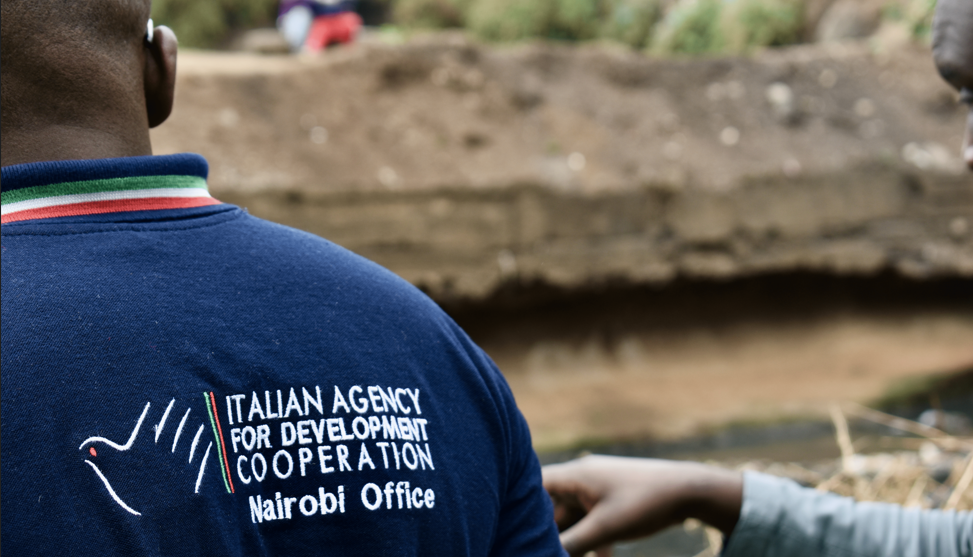The “P” of “Partnerships” refers to the way in which Italian Cooperation works together with other actors—governments, civil society organizations, international agencies, and the private sector—to achieve common sustainable development goals. This collaborative approach, also envisaged by Law 125/2014, underpins a fairer and more circular economic model, attentive both to people and to the environment.
At the Nairobi Office, we work in close network with local and international institutions to create effective and lasting projects, built upon a shared vision of development.
In Somalia, we collaborate with several multilateral institutions, such as the World Bank and the International Monetary Fund, also in light of their ability to operate on the ground in contexts where security remains volatile.
In Tanzania, efforts focus primarily on strengthening the national statistical system and on the establishment of the population registry.
